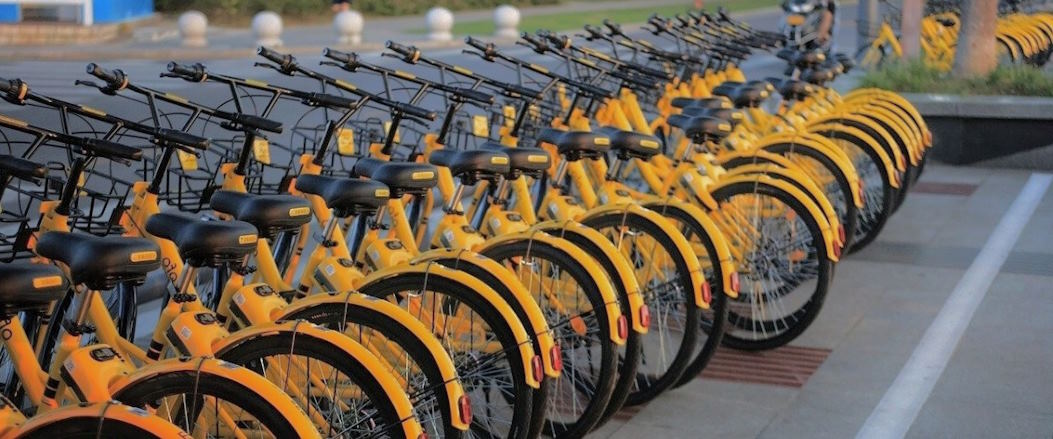Energy conservation has become an increasingly critical concern as the need for sustainable practices grows more urgent. In Europe, a region known for its progressive approach to environmental stewardship, energy-conservation tendencies have been gaining momentum. From policy and regulatory frameworks to technological innovations and behavioral changes, Europe is at the forefront of efforts to reduce energy consumption and transition towards a greener future.
What energy-conservation practices are provided in Europe?
The energy-conservation tendencies in Europe encompass a wide range of initiatives, policies, and practices aimed at reducing energy consumption and promoting sustainability. Here are some key energy-conservation tendencies in Europe:
Strict Energy Efficiency Standards
European countries have implemented stringent energy efficiency standards for buildings, appliances, and vehicles. These standards encourage using energy-efficient technologies, materials, and practices, reducing energy consumption and carbon emissions.
Renewable Energy Integration
Europe has witnessed significant progress in the integration of renewable energy sources. Countries have invested in wind, solar, hydro, and geothermal power, increasing the share of renewable energy in their electricity generation. This shift from fossil fuels contributes to energy conservation and a cleaner energy mix.
Sustainable Transportation
European cities prioritize sustainable transportation solutions to reduce reliance on private cars and lower carbon emissions. Efforts include expanding public transportation networks, promoting cycling and walking infrastructure, and incentivizing electric vehicle adoption. These measures aim to conserve energy and improve air quality.

Energy-Efficient Building Design and Retrofitting
Energy-conservation tendencies in Europe emphasize energy-efficient building design and retrofitting projects. Green building practices, such as optimal insulation, efficient heating and cooling systems, and smart energy management technologies, are increasingly incorporated into new constructions and renovation projects to minimize energy waste.
Energy Conservation Campaigns and Education
European countries actively engage in energy conservation campaigns and educational initiatives. These efforts raise awareness about the importance of energy efficiency and provide practical tips for reducing energy consumption in households, businesses, and public institutions. These campaigns empower individuals and communities to make energy-conscious choices by fostering behavioral change.
Energy Management and Smart Grids
Implementing advanced energy management systems and smart grids enables efficient energy distribution and consumption monitoring. Smart meters, demand-response programs, and real-time energy data empower consumers to optimize their energy usage, reduce waste, and make informed decisions about their consumption patterns.
Circular Economy Approach
Europe embraces a circular economy approach to minimize resource waste and maximize resource efficiency. It includes strategies such as recycling, waste-to-energy conversion, and promoting the reuse and repair of products.
Research and Innovation
Europe fosters research and innovation in energy conservation. Institutions, universities, and private companies collaborate to develop new technologies, energy management solutions, and sustainable practices. These innovations drive continuous improvements in energy efficiency and conservation across various sectors.
Cross-Border Cooperation
European countries collaborate on energy-conservation initiatives through organizations like the European Union (EU). Common policies, targets, and funding programs encourage information sharing and cooperation, promoting energy conservation practices that extend beyond national boundaries.
